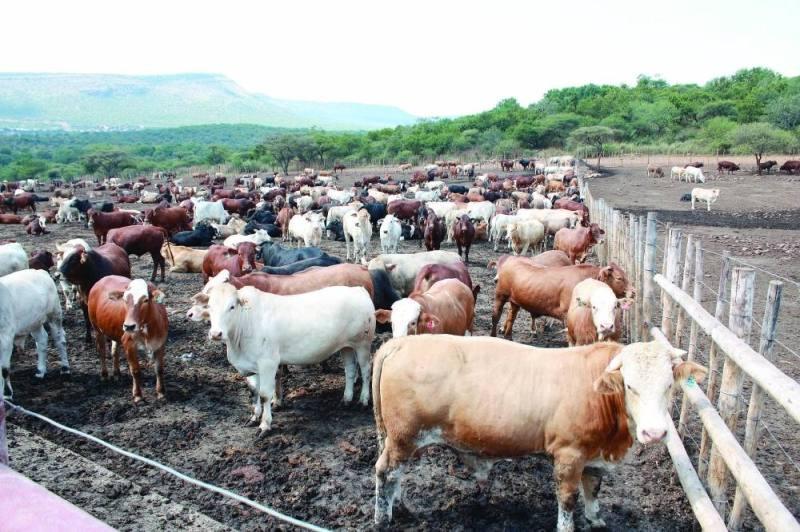Africa-Press – Botswana. As part of the global village, Botswana has to strive to enhance its competitiveness in fodder market to support its livestock industry, says the National Fodder consultant, Dr Keletso Mopipi.
Dr Mopipi said improving competitiveness could lead to greater price competition and increased profitability for farmers. She was presenting on the situation analysis during the development of the National Fodder Production strategy workshop that attracted both commercial and communal farmers, feed producers and suppliers in Maun recently.
Botswana, she said was a small country with plenty of land and natural resources, but did not produce enough food and animal feed, noting that statistics showed that about 37 per cent of Batswana lived in poverty. Even though, she pointed that the country had made some efforts to improve its economy to achieve Sustainable Development Goals, it still had high national food and fodder deficit. Dr Mopipi said the Strengths, Weaknesses, Opportunities and Threats analysis revealed that logistical, social, cultural, skills and market-related challenges in the fodder value chain needed urgent attention.
“Botswana is a significant beef exporter, but livestock population has gradually declined as only 12 per cent of national fodder is produced and this necessitated strategy policy intervention. As a country, we are failing to satisfy the demand of organic beef to the European Union market due to the decline in cattle herd, resulting in poor grazing, as such we need to produce enough feed to improve livestock production and management,” she added.
She said Botswana was ranked position 60 in SADC in terms of animal feed production and yet it used to had high livestock population, which had now declined due to poor grazing management. In addition, she said the country had reserved a chunk of land for agriculture, whilst government continued to spend a lot of millions in importation of animal feeds. Dr Mopipi further emphasised that a scientific evidence-based decision-making and strategy policy through multi-stakeholder engagement was paramount in developing a sound strategy that would address challenges and the farmers’ needed.
Dr Mopipi also said the livestock sub- sector linkages and synergies could enhance fodder production, acknowledging that the government had also introduced some agricultural schemes aimed to assist farmers to access inputs and basic equipment. She further said the farming community needed capacity building to address the skills and knowledge-based deficit in the fodder sector and that stakeholder engagement and extension services needed to be strengthened.
She believed that Batswana could change the situation as agriculture as they could adapt to climate smart agriculture and close the feeds deficit gap as well as increase agriculture’s contribution to Gross Domestic Product. Dr Mopipi indicated that reports had shown that lablab, which had significant potential, as livestock feed, was well suited to Botswana’s climate as it could even thrive in drought situations.
For More News And Analysis About Botswana Follow Africa-Press






